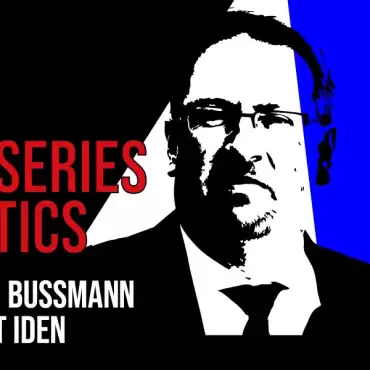The NFL is a difficult sport for oddsmakers and sportsbooks to navigate. But along with its headaches and complexities comes the promise of high rewards for operators, writes Simon Trim, launch consultant to 10star.
The weekend that follows the first Monday in September is always a red-letter event for US sportsbooks, as the NFL season makes its annual return.
The NFL season consists of 272 games, as opposed to the 2,430 that comprise the regular Major League Baseball season. But the impact on turnover, and potentially profit, that the NFL has in comparison is vast.
The NFL isn’t just America’s game either. It is a high-tariff sport throughout the global sports betting landscape. For UK sportsbooks, the NFL games held in London across three consecutive weekends in October are huge business drivers.

While the NFL is undoubtedly the main event in terms of generating turnover and revenue, the number of US sportsbooks that have translated this revenue into meaningful profit are rarer than a 0-0 scoreline.
Getting the right model in place
Advertising spend peaks around the start of the season as the US sportsbooks send their marketing-led business models into overdrive. This is with the ultimate aim of trying to capture a larger share of turnover.
However, to paraphrase the saying “turnover is vanity and profit is sanity”, operating a business model predicated on expensive promotional and bonus-led campaigns has been proven to have little effect on growing market share or providing returns to shareholders.
The problem sportsbooks have is how to generate significant hold from these high revenue numbers, while making sure the volatility of returns is aligned to the risk profile of the business.
In theory, the process of converting revenue to cash is much harder in the NFL than for many other sports. This is due to the inherent difficulties in producing accurate prices across the full market offering.
With team strategy being dependent on factors such as score differential, field position, time and timeouts remaining, it is critical to have a model that is logistically sound and properly correlated. This will allow it to correctly capture the irregular nature of the distributions.
Data drivers
Alongside the complex nature of the model framework comes the problem with harnessing the data to drive it. For example, the close season is usually characterised by several rule changes that reduce the efficacy of historical data used to develop the algorithms.
It’s likely that changes in the NFL this season won’t be as significant as some others in recent years. And of course, the changes are new for bettors as well as the books. However, recent changes in the National Collegiate Athletics Association are a good example of where the market overestimated the effect of the change and how quickly teams would adapt.
Those unable to iterate were quickly left holding this overestimation, allowing the sharper customers to take advantage.
Sportsbooks need a rapid process of model iteration and adjustment in place. Otherwise, they are more likely to be “picked off” by customers becoming more aware that the prices offered are wrong. Trading expertise plays a critical role in shaping these changes, understanding trends and enabling positive adjustments prior to them showing significance in a data sample.
Changing the game
Another valuable signal can be extracted from the risk on the sportsbook and when data samples are low or non-existent. As with the NFL, this becomes even more important.
However, despite the advantages using this information would have for every sportsbook, it is almost universally ignored in real time. Virtually all sportsbooks are reliant on third-party suppliers to generate NFL prices they then “sell on” to their customers. But these suppliers have no capability to educate the models they are using through integrated bet flow and customer analytics.
For the NFL, expert modelling, specialist trading and automated risk adjustment are probably more important than for any other sport. This is particularly true given the potential profits on offer.
Unfortunately, the current industry supply chain is lacking in all these skills. It is difficult for sportsbooks to meaningfully improve hold unless they pivot from their current mode of operation.
The supply of odds to bookmakers by third-party suppliers is generally priced as an “add-on” alongside the supply of official data. For sportsbooks, this lower-cost approach to treating odds generation as a basic form of content to power a marketing-led business model is increasingly becoming a false economy.
We believe the only way for operators to properly monetise the NFL is by embedding risk into the model’s framework. This is alongside a rapid and iterative feedback loop between specialist traders and modellers.
Driving more turnover through improved prices will ensure the money spent to acquire customers is much more efficient.





